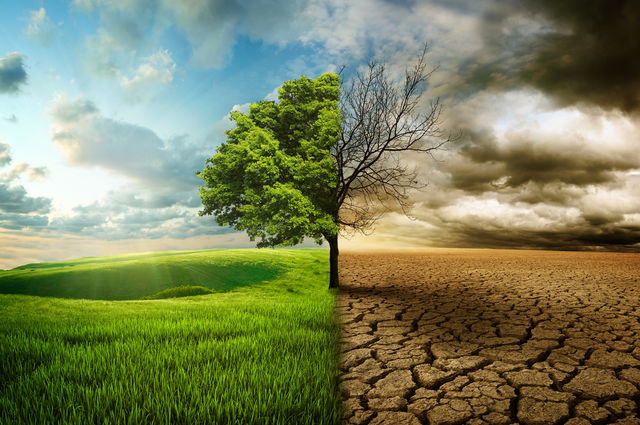The solutions nature provides: how can hotels contribute and benefit?
24 experts shared their view
Nature and its ecosystem services are at the center of the hospitality business proposition: from food and beverage offers to guests' enjoyment of natural landscape at a destination. Nature is not only a 'capital' component available to businesses, but a source of solutions to mitigate and adapt to climate change and protect biodiversity while ensuring the well-being of staff and guests alike. Nature is a prerequisite for a successful business, however, a 40% drop in natural capital per person has been recoded over the past two decades (Dasgupta, 2021). 'Burning' though this inventory of natural capital without a regeneration plan should result in alarm bells ringing. As the Science-Based Target Networks summarizes: "Nature is the backbone of human well-being and the foundation for all economic activity" (SBTN, 2020, p.2). Considering the value of nature to the hospitality industry and the threat of biodiversity collapse, recording and accounting for natural capital and integrating the outcome into the decision-making processes while setting regeneration targets is crucial. Ahead of the official launch of the Decade on Ecosystem Restoration (on World Environment Day, June 5th) by the United Nations, here are a three questions to tackle ((choose one or answer all, sharing of best practices is welcomed):
- Hotels located in urban settings: which nature-based solutions result in value added to guests, staff, owners and community?
- Hotels located in natural settings (e.g. forest, coastline): what actions can be undertaken to maintain or restore the ecosystems?
- Cooperation/Support for greater impact: where can hoteliers obtain help, support or join forces to achieve results
References
- Dasgupta, P. (2021), The Economics of Biodiversity: The Dasgupta Review, London: HM Treasury.
- SBTN (2020). Science-Based Targets for Nature: Initiatil Guidance for Business. Science Based Tageets Network.
- Tew, N.E., Memmott, J., Vaughan, I.P., Bird, S., Stone, G.N., Potts, S.G., and Baldock, K.C.R. (2021). Quantifying nectar production by flowering plants in urban and rural landscapes. Journal of Ecology, 109(2). https://doi.org/10.1111/1365-2745.13598
Hotels, The New Community Beacon
Climate change is about "how do we live in the future?"; biodiversity loss is about "do we live in the future?" So the question "should we act?" does not arise.
Hotels in the urban settings should design their facilities to be biodiversity-friendly and take the issue fully into account in procurement. To this end, areas can be unsealed and roofs or facades can be greened (with a high diversity of native species).
For hotels in natural setting, it is important to keep the impact on nature as low as possible. Minimal land consumption when planning a site or the avoidance of light pollution are examples for important topics here.
Large companies should also have a "large impact", i.e. have a positive effect on nature to an extent that corresponds to the size of their business. In addition to the activities described above for all relevant sites, this can be done by exerting influence on service providers and suppliers, industry associations, cooperation with NGOs or the creation of an own foundation.
Regardless of the extent to which one becomes active, the involvement of external expertise is worthwhile so that "well meant" is also "well done".


